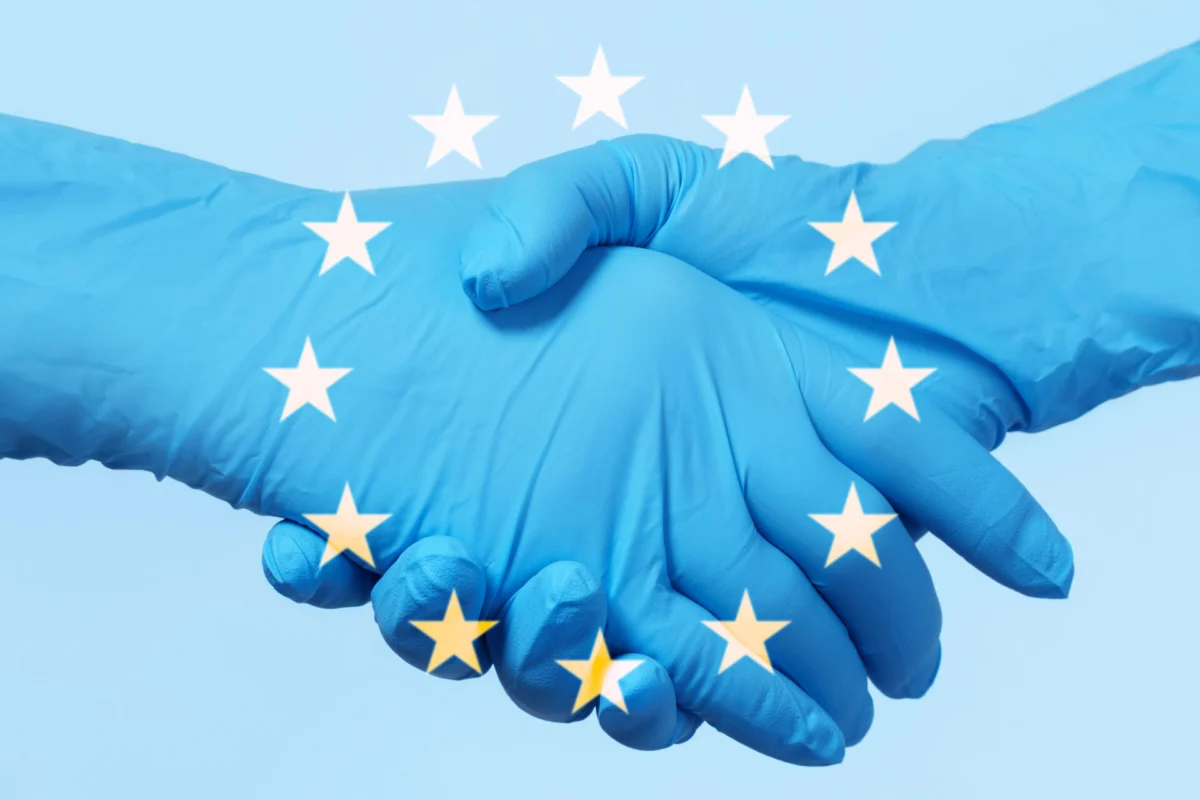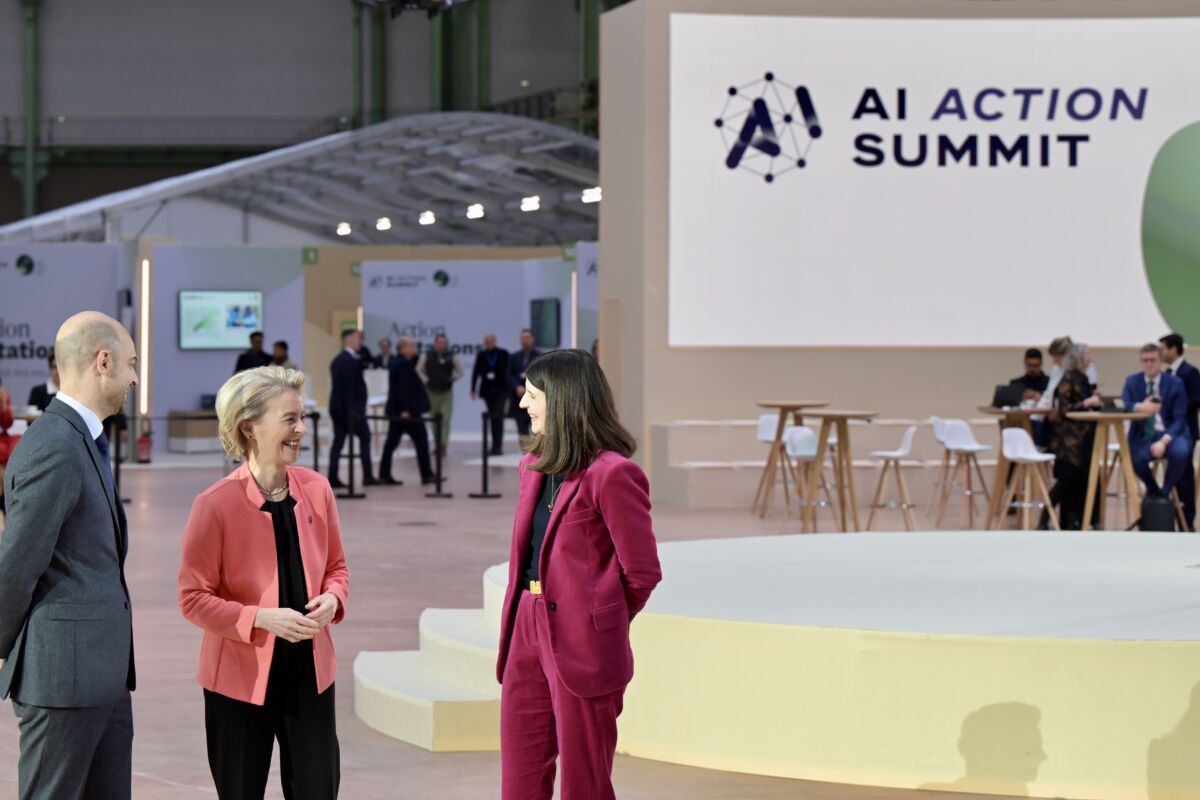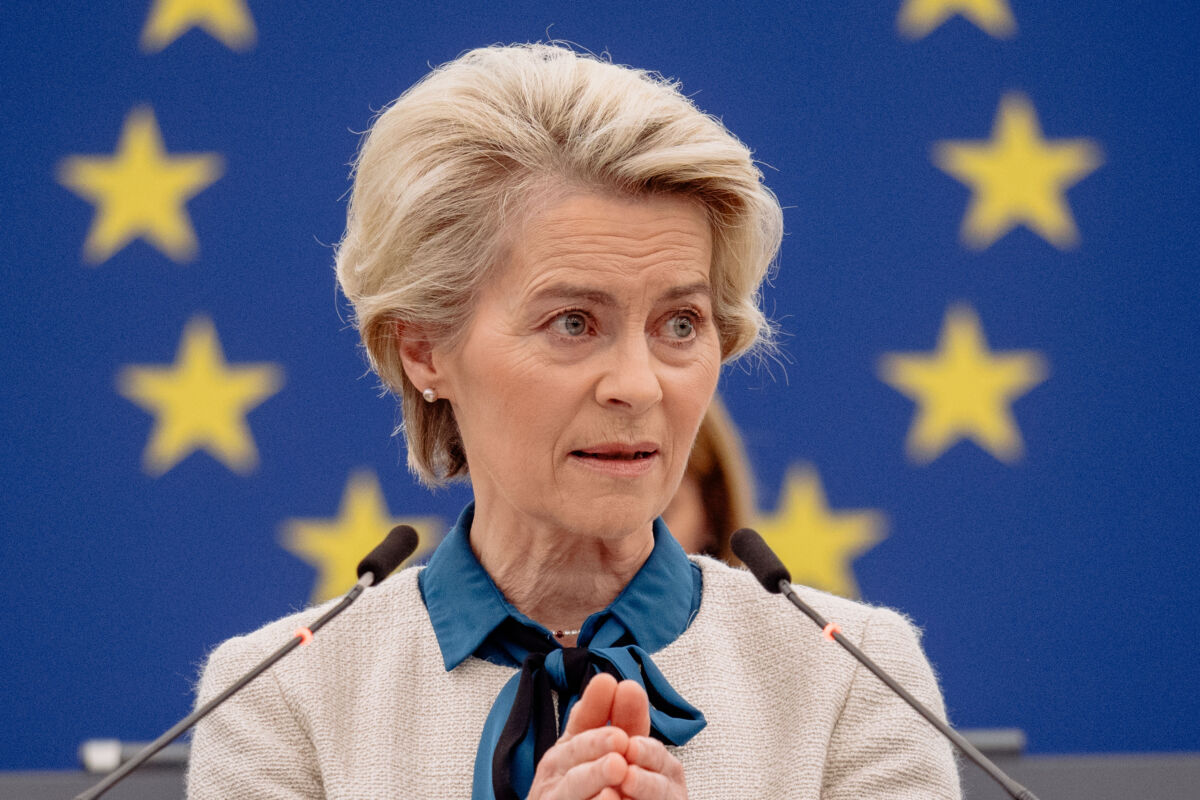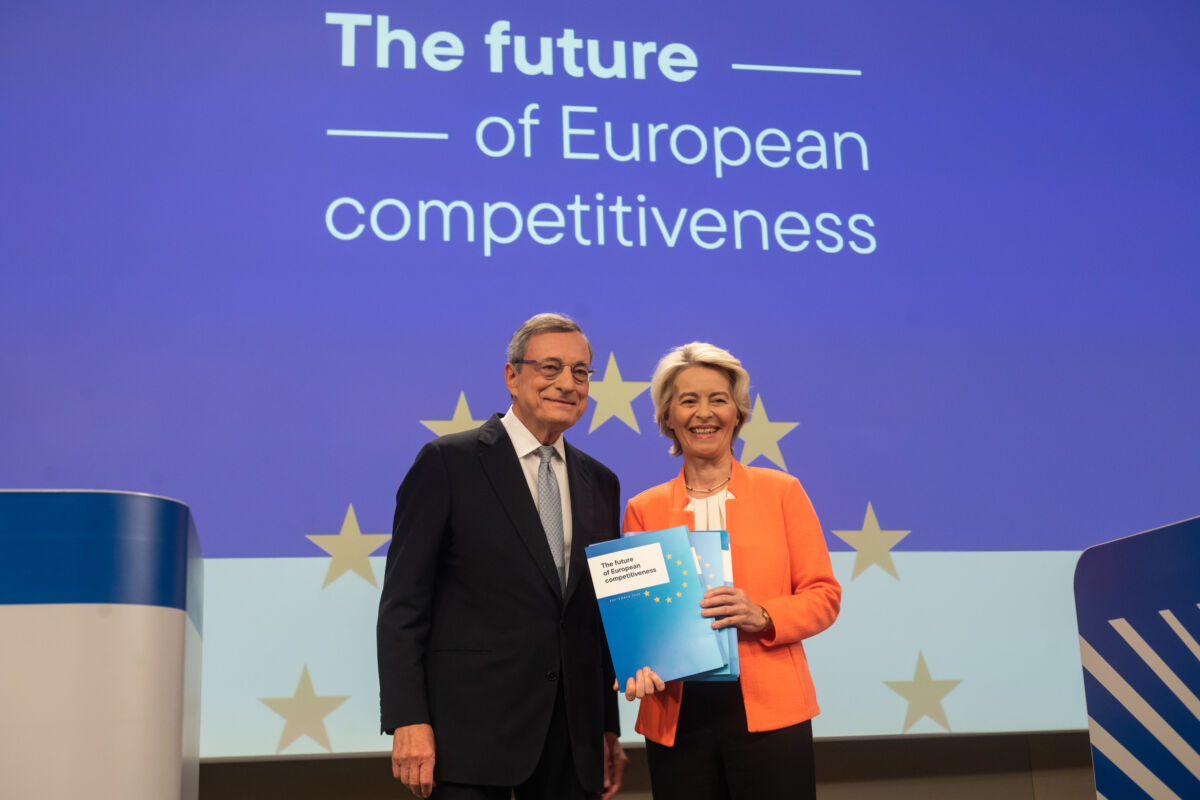With significant skills shortages in many advanced sectors of the economy, the competition to attract top talent has reached unprecedented levels. And governments know that attracting top research talent has significant implications for their countries’ economic and industrial competitiveness.
To boost its competitiveness, especially in tech, the EU recently launched its Choose Europe initiative to attract the brightest minds from all over the world – including the US as the Trump administration cuts support to research and science. Some Member States, starting with France, have taken similar measures, hoping to tap into a possible academic diaspora.
The long-standing debate between ‘brain drain’ and ‘brain gain’ argues that when one country wins, another automatically loses. For the EU, recruiting foreign researchers can boost R&I quality, enabling breakthroughs and scientific diversity. Yet in countries of origin, the outflow of highly trained scientists undermines local research and constrains national development. This is particularly detrimental to fields critical to addressing global challenges in health, climate resilience and food security, where low and middle-income countries (LMICs) are a key stakeholder.
A more inclusive approach to researcher mobility, also oriented towards creating value for partner countries outside the EU, could result in many mutual benefits and become a lever for co-development… rather than extraction.
In other words, researcher mobility policy shouldn’t be seen as a zero-sum game but rather as a win-win for all involved.
The African Research Initiative for Scientific Excellence (ARISE) is a programme that has already shown promising results. Co-funded by the EU and implemented by the African Academy of Sciences, ARISE supports early and mid-career researchers to remain in their home institutions while engaging in high-level, globally connected research programmes. Modelled on the European Research Council’s principles of excellence and independence, the programme simultaneously addresses the demand for world-class research and the need for strong domestic institutions in LMICs.
ARISE’s design is innovative in several ways. First, it empowers African institutions to manage funding streams within their own institution, provided they can meet international good governance standards. This strengthens institutional accountability and transparency, which are often barriers preventing LMICs from accessing funding.
Second, ARISE funds researchers to remain in their home countries, while maintaining links to European research institutions. This allows African countries to build their scientific capacity in a way that doesn’t result in a net loss to their countries. The programme’s current pilot phase supports nearly 600 researchers across 38 African countries, who have produced over 90 academic publications.
ARISE’s early success challenges the notion that research excellence and its impact on development are mutually exclusive. The two objectives can – and should – reinforce each other. Further momentum will require more than isolated pilots and a deeper shift within the EU’s institutional architecture. Currently, EU research cooperation with LMICs gets lost in a chasm between DG RTD and DG INTPA, and this limits the EU’s ability to implement R&I policies that align science diplomacy with development goals.
To bridge this chasm, the European Commission should develop a coordinated R&I strategy that explicitly aligns the goals of its framework programmes (such as Horizon Europe) with those of the Global Gateway. ARISE’s core design could be replicated in other regions including Latin America, South Asia and the Eastern Neighbourhood. This should include more flexible collaboration models connecting EU and LMIC research institutions, as well as scaling up LMIC research institutions’ grant management capacities so they can absorb larger volumes of research funding.
For a truly reciprocal partnership, European researchers should have opportunities to pursue joint research projects in-country with LMIC institutions, which would encourage more equitable knowledge exchange, as well as the development of long-term institutional links.
Such a strategy would not only contribute to addressing global challenges and improving local research capacity in partner countries but it would also serve Europe’s broader strategic interests. More sustainable and inclusive development in LMICs expands markets for European innovation, reduces migration pressures and builds resilience to shared challenges such as pandemics and climate change. It also strengthens the EU’s soft power by building bridges and enabling mutually beneficial cooperation, at the same time giving new strength to the EU’s core values and principles through R&I policy and external action.
Of course, none of this is possible unless the EU reframes the narrative around research mobility. Rather than presenting Europe as a destination for talent, the EU should instead champion a networked model of excellence that positions Europe as a hub within a globally inclusive system. This requires a mindset shift from ‘brain gain’/’brain drain’ to ‘brain circulation’, and thus from competition to cooperation.
Finally, during a time where digital connectivity transcends geography, it can be argued that the tendency of talented minds to cluster in only a few major research cities doesn’t make sense anymore By adopting a coordinated R&I strategy, the EU could influence this trend by addressing disparities in remuneration and career prospects, thus levelling up research quality and spreading the demand for research positions more evenly across institutions – and continents.
In a world increasingly defined by geopolitical uncertainty and technological rivalry, science diplomacy offers a way for the EU to assert global leadership while promoting its core values. But this will only be possible if its policies on research and development cooperation are aligned.
The future of science isn’t zero-sum – it’s shared. The EU not only has the opportunity but also the responsibility to make that vision a reality.





































